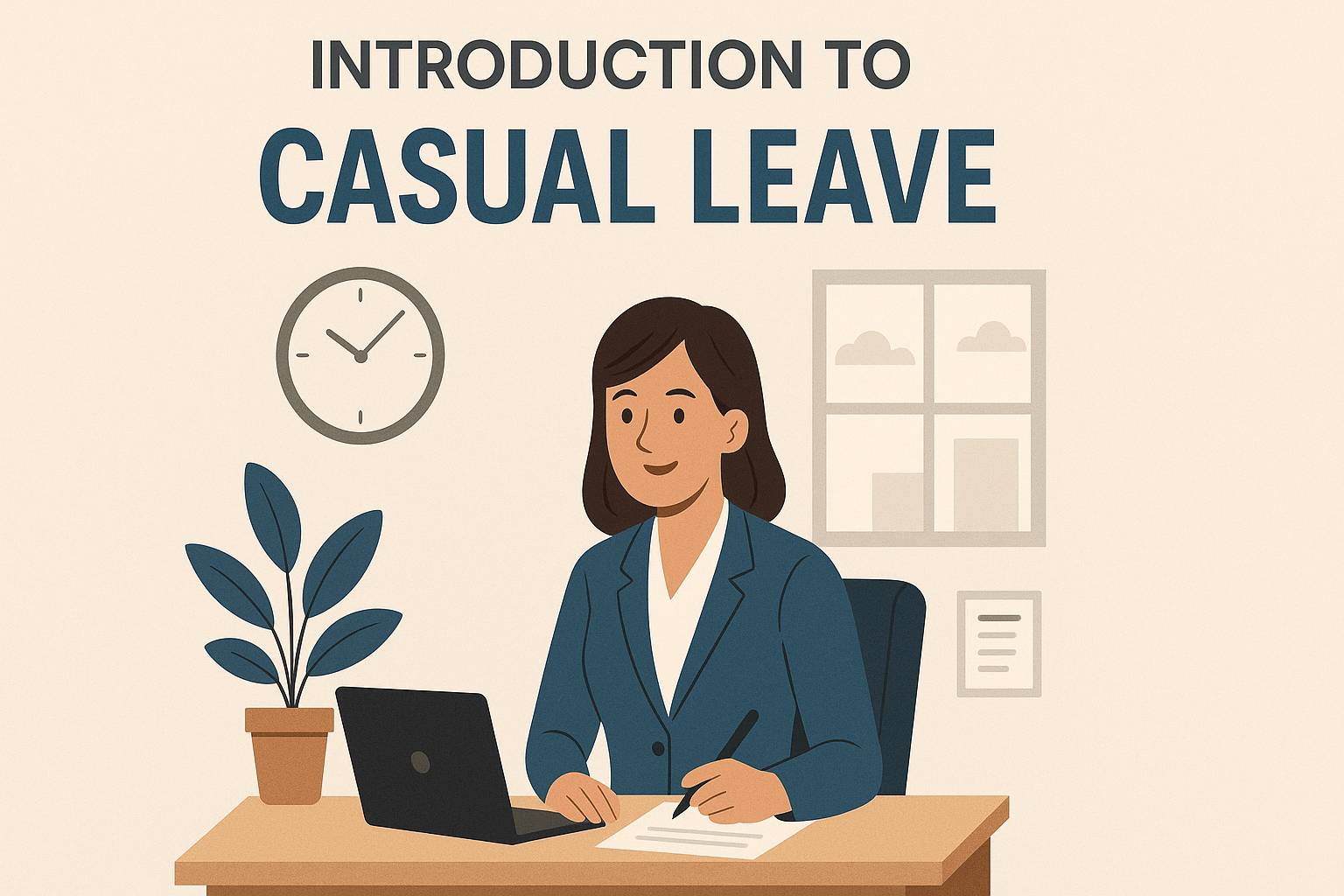Duvet days are days that an employee can take off without notice. Every employee has day where they really don’t want to come into work, perhaps due to burnout, events in their personal life, or simply not feeling it. A duvet day allows them to succumb to that feeling and stay at home. Or, more accurately, they get to stay without having to call in sick.
In this post, we’ll take a look at the advantages and disadvantages of duvet days, as well as ideas for how to best manage them if your company offers them.
Benefits of duvet days
Great for company culture
Because they help employees to feel valued and respected, duvet days can greatly contribute to a positive company culture. The fact a member of staff can call in and take a day off without notice– no questions asked – shows that their employer sees them more than a mere cog in the company machine.
Better still, consequently, the respect will likely run both ways, as employees views the company in a more positive light. This means that staff are less likely to abuse duvet days and won’t take them when they feel company needs them, like during busy periods or when close to a deadline.
One more thing for the benefits package
As well as increasing your retention rate, duvet days are another way of attracting talented people to your organisation. Many employees prefer additional time off to a more money – especially higher-earning employees, so if you happen to offer duvet days and other companies don’t, it could give you the edge in enticing skilled, experienced talent to join your company.
Prevents presenteeism
As its name suggests, a duvet day allows an employee that would rather not come into work, stay tucked up in bed under the covers. On some days, when their head isn’t really in the game, it would have been better for an employee to have stayed at home. Twice a year or so, a duvet day lets them do just that.
This avoids presenteeism, where an employee is physically present – but not mentally – and is just trying to get through the day with as little effort as possible.
Drawbacks of duvet days
Possibility of being caught short-staffed
Even if your employees exercise good judgement when using a duvet day, their very nature means someone is bound to be off at an inopportune time. There’s just no telling when the company will receive a huge order that requires all hands on deck – or when people are going to call in sick. You always run the risk of being short-staffed when you offer duvet days.
They could be abused
Now, despite the culture of integrity that duvet days tend to promote, there’s still a chance they could still be misused by employees. This is especially likely if If you don’t have a clear policy on how they’re to be used.
How to manage duvet days
Write down conditions
For duvet days to occur as smoothly as possible, you need to have a written policy for staff to adhere to. This should be included in employment contracts and should be a part of your overall absence policy. This should include:
- How many duvet days an employee is entitled to: Most companies offer two days a year. Also, if they’re limited, staff will be inclined to use them wisely
- If they can be carried over into the following year like other annual leave. Also, if so, if there’s a maximum number of duvet days an employee can have
- When duvet days can’t be used: Typically busy periods, tax season for an accountancy firm, for example. This might also extend to months when people tend to take a lot of annual leave, like August and December. It’s also wise to get ahead of the game and stipulate that they can’t be used after certain sporting events (namely England football matches…)
Use a staff holiday planner
To manage duvet days, you’ll have to have a reliable system for tracking employee attendance. That way, everyone in the company can be kept up to date when a certain employee decided to take an impromptu day off. You’ll also have to accurately keep track of each employee’s annual leave allowance so you know which of them still have allowance remaining.
Better yet, if you have a centralised staff holiday planner, you can take an extra precaution and ask that employees quickly glance at the calendar before taking a day off. This might cause some staff to think twice, and consider how their absence could affect the business, before calling in.




